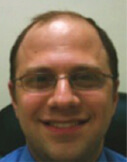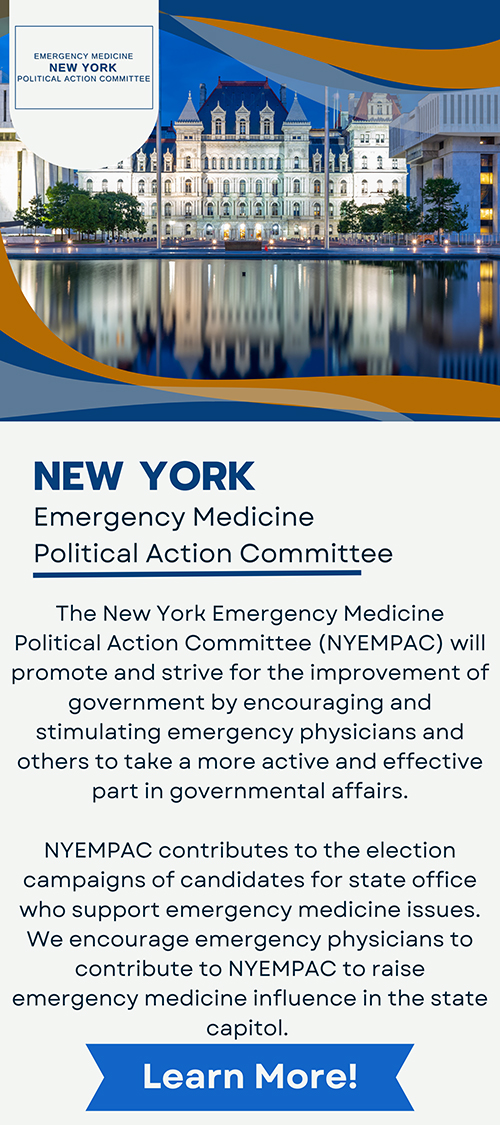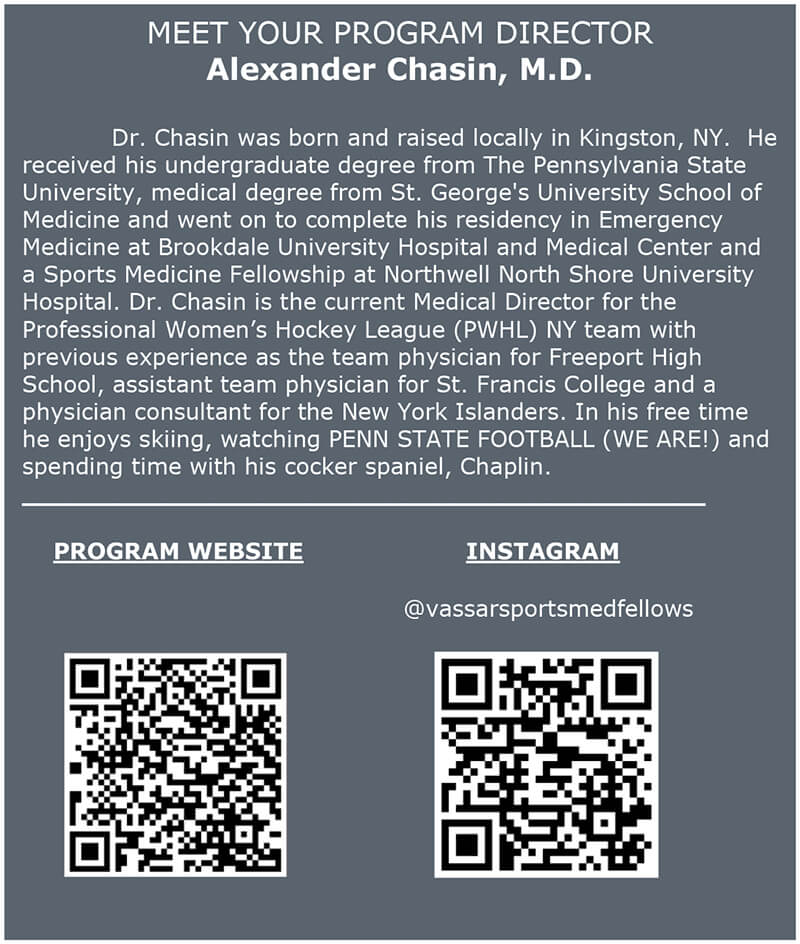Invasive Group A Streptococcus (iGAS ) infections, though relatively rare, pose a significant threat to pediatric patients, particularly those presenting to the emergency department (ED) with severe illness. The spectrum of iGAS disease can range from mild presentations, such as pharyngitis, to life-threatening conditions, including necrotizing fasciitis, streptococcal toxic shock syndrome and bacteremia. Despite advances in medical care, iGAS infections continue to be associated with high morbidity and mortality, underscoring the critical need for prompt recognition and treatment.
Completing residency is an exciting milestone. Your first few months as an attending is like taking the training wheels off your bicycle. Your training program begins to feel like a distant memory as you navigate your first shifts. We’ve all been there. But after your first few months, perhaps even years, you enter a routine and shifts in the emergency department become autopilot.
This was my experience after residency. I thought I was set, working my clinical shifts, going home and living the life I had dreamed of since entering medical school all those years before. However, I felt stagnant and lost. I struggled to envision my future goals. There was no longer a senior resident to consult or a program director to guide me. What I was lacking was a mentor.
Why aren’t mentorship resources more formalized in the medical field? In medical schools and residency programs there has been a shift towards incorporating mentorship in various capacities whether peer-topeer, small group or advisory. However, post-residency many enter their careers and are left to fend for themselves.
Let’s discuss the top reasons having a mentor could benefit both your career and life:










